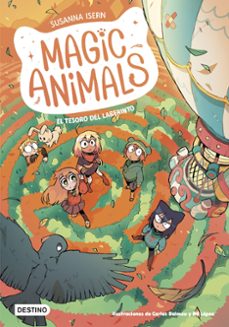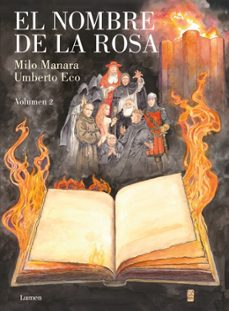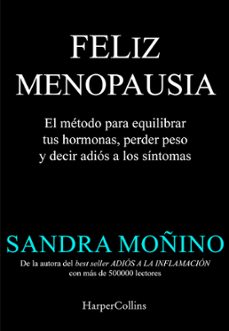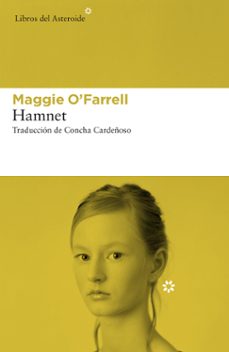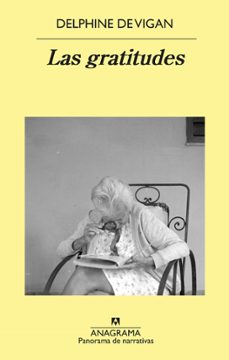📗 Libro en inglés AUTOBIOGRAPHY
HOUSE OF STRATUS- 9781842329832
Sinopsis de AUTOBIOGRAPHY
In his autobiography Chesterton describes his happy childhood, the intellectual 'doubts and morbidities" of his youth and his search for a true vocation. He includes many anecdotes about his literary friends, Henry James, George Bernard Shaw, and H G Wells. But it is his quest for religious conviction and his conversion to Catholicism that is central to his story which he tells with great modesty, gentleness and intelligence.
G K Chesterton has been described as one of the most unjustly neglected writers of our time. Born in 1874, he became a journalist and later began writing books and phamphlets. His work includes novels, literary and social criticism, political papers and spiritual essays in a style characterized by enormous wit, paradox, humility and wonder. He converted to Catholicism in 1922 and he explores the nature of spirituality in many of his books and essays, including the mighty Orthodoxy. Chesterton is one of the few authors whose work is genuinely timeless and has as much relevance today as when it was written.
G K Chesterton has been described as one of the most unjustly neglected writers of our time. Born in 1874, he became a journalist and later began writing books and phamphlets. His work includes novels, literary and social criticism, political papers and spiritual essays in a style characterized by enormous wit, paradox, humility and wonder. He converted to Catholicism in 1922 and he explores the nature of spirituality in many of his books and essays, including the mighty Orthodoxy. Chesterton is one of the few authors whose work is genuinely timeless and has as much relevance today as when it was written.
Ficha técnica
Editorial: House of Stratus
ISBN: 9781842329832
Idioma: Inglés
Número de páginas: 228
Tiempo de lectura:
4h 40m
Encuadernación: Tapa blanda
Fecha de lanzamiento: 10/10/2003
Año de edición: 2001
Plaza de edición: Thirsk
Especificaciones del producto
Escrito por G.K. Chesterton
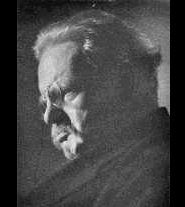
G. K. Chesterton (Londres 1874 - Beaconsfield 1936), fue un literato y polemista inglés convertido en 1922 al catolicismo. Abandonó sus estudios de arte para dedicarse al periodismo. Comenzó escribiendo poesía y ensayos críticos sobre diversos escritores británicos, pero la fama y el reconocimiento internacional le llegaron con sus novelas y relatos, obras llenas de imaginación, sentido del humor y hábil manejo lingüístico, como El hombre que fue Jueves, El Napoleón de Notting Hill, La esfera y la cruz o los celebérrimos relatos del padre Brown. Escribió, además, dos extraordinarias biografías de santo Tomás de Aquino y san Francisco de Asís, esta última publicada en castellano por Ediciones Encuentro.
Descubre más sobre G.K. Chesterton Recibe novedades de G.K. Chesterton directamente en tu email
Opiniones sobre AUTOBIOGRAPHY
¡Sólo por opinar entras en el sorteo mensual de tres tarjetas regalo valoradas en 20€*!









